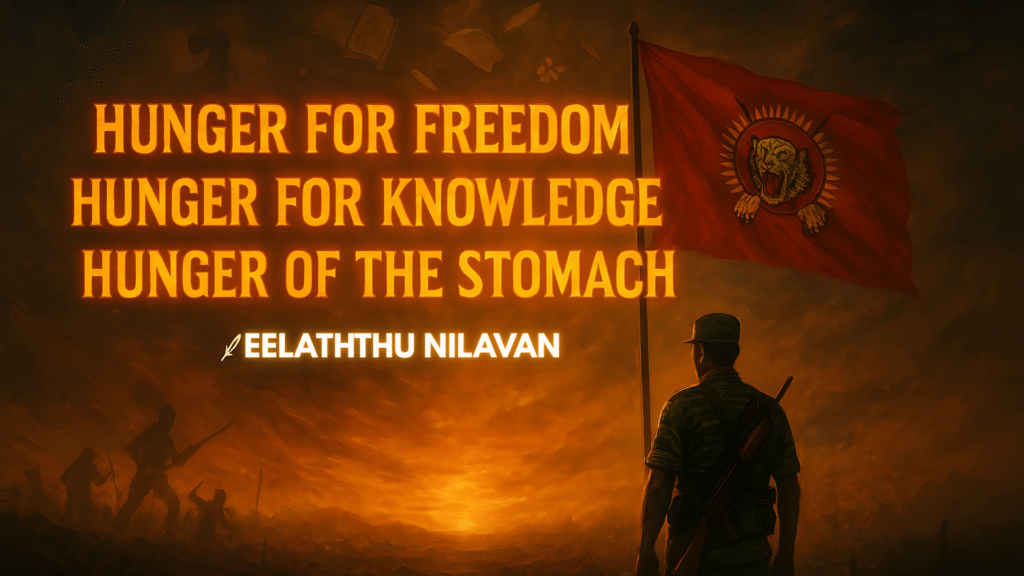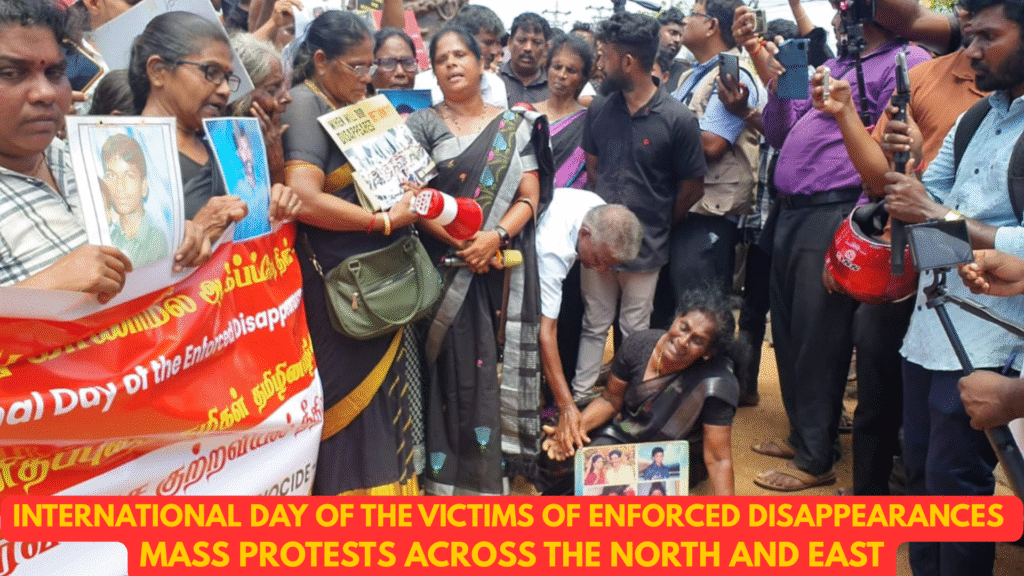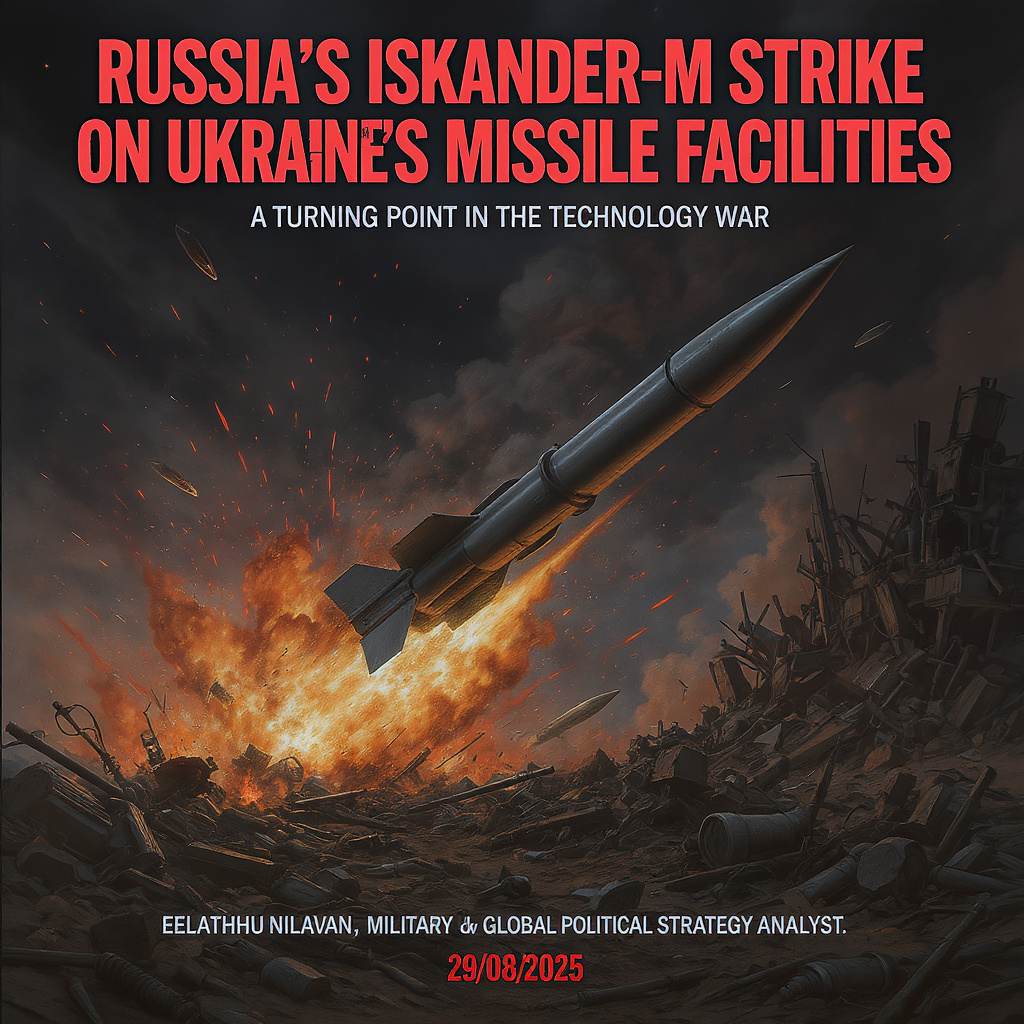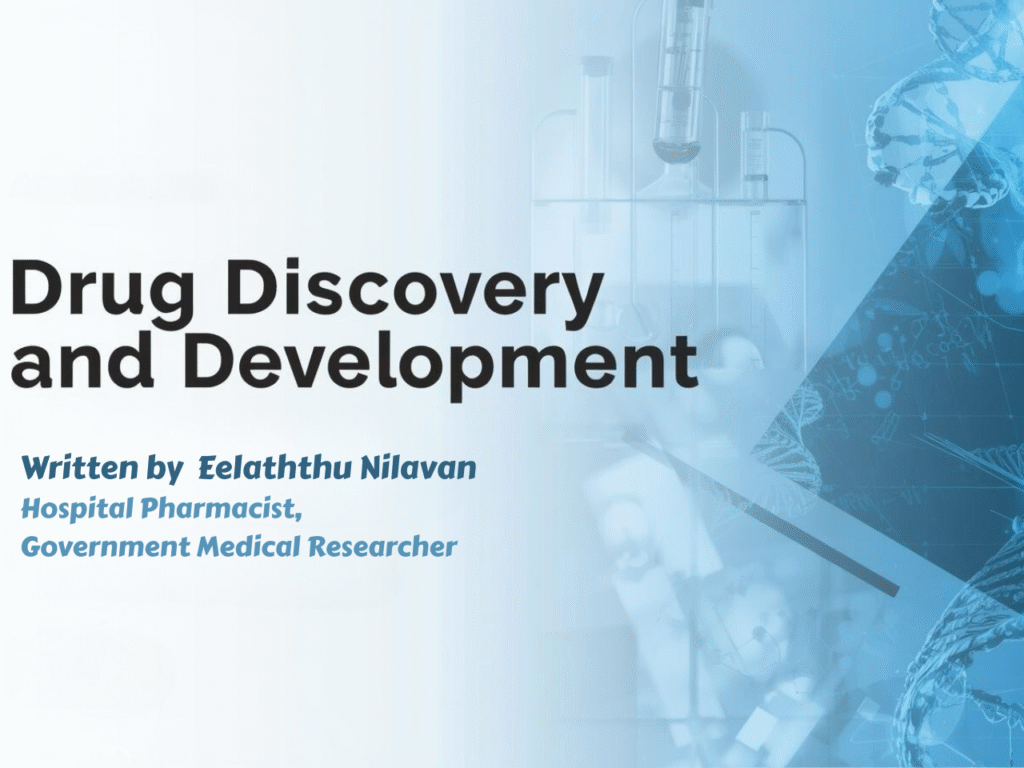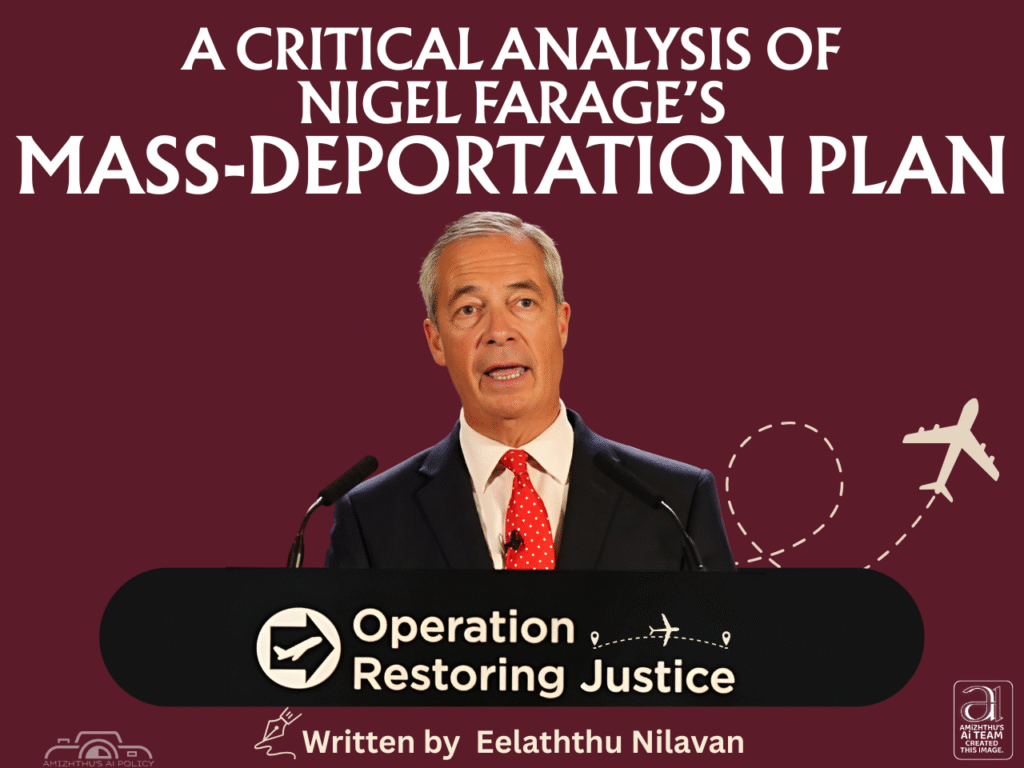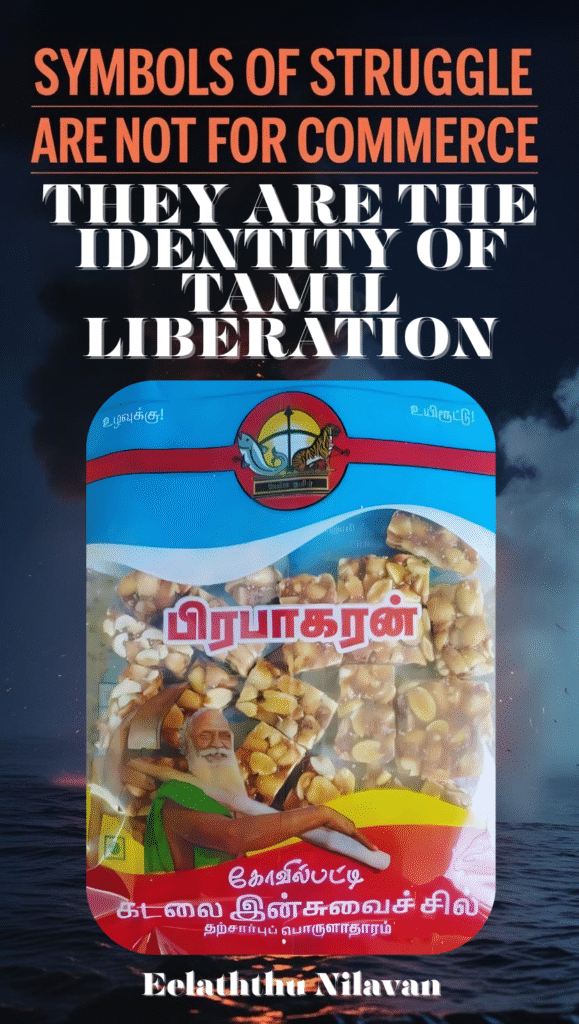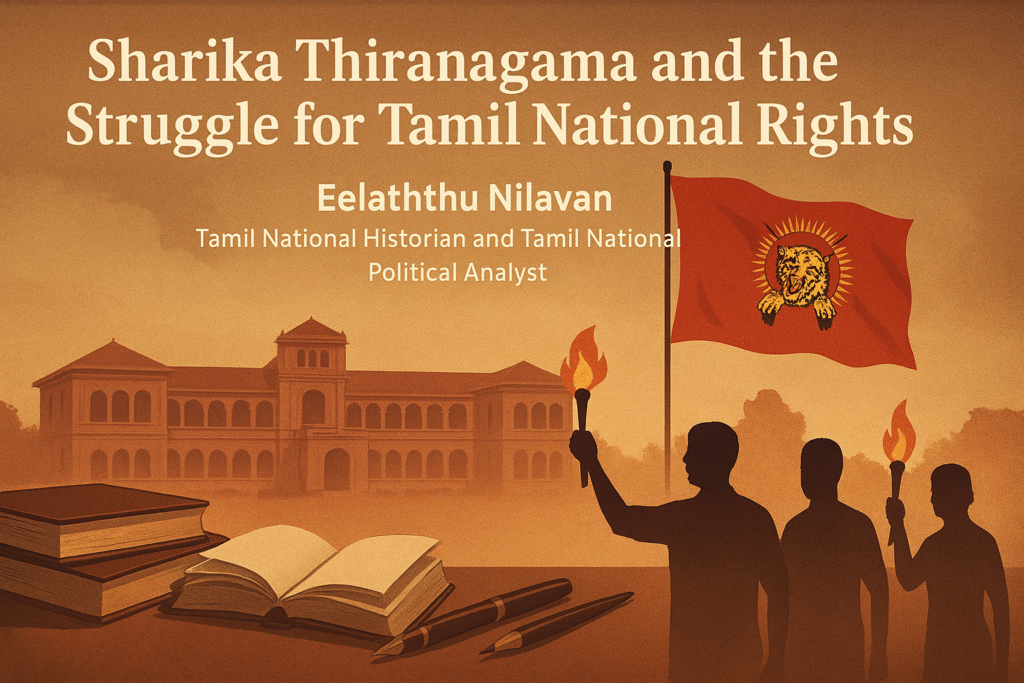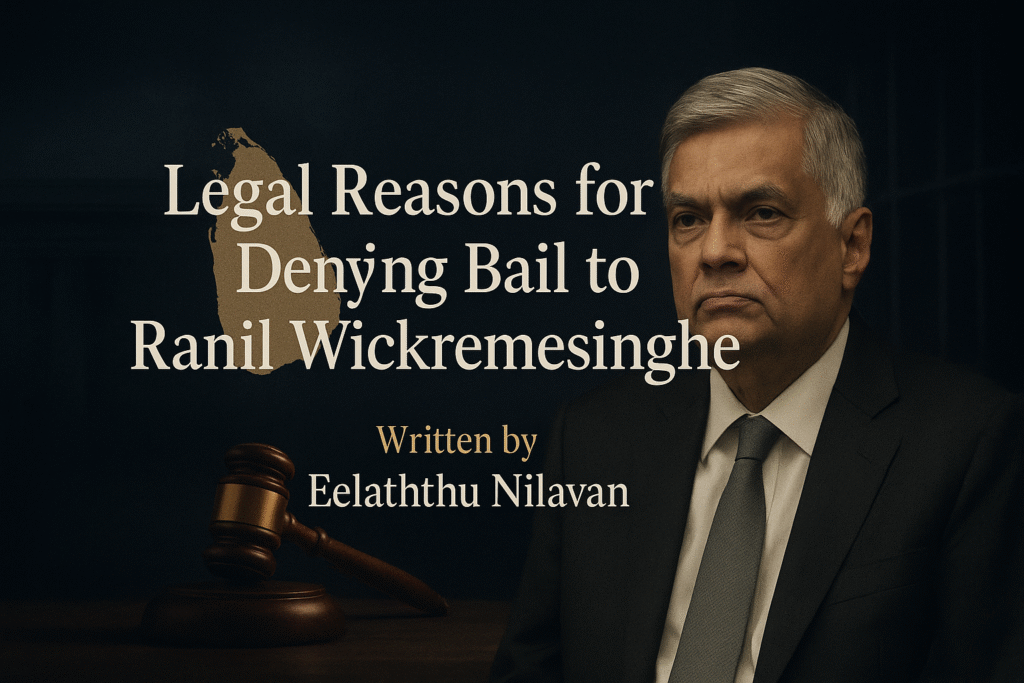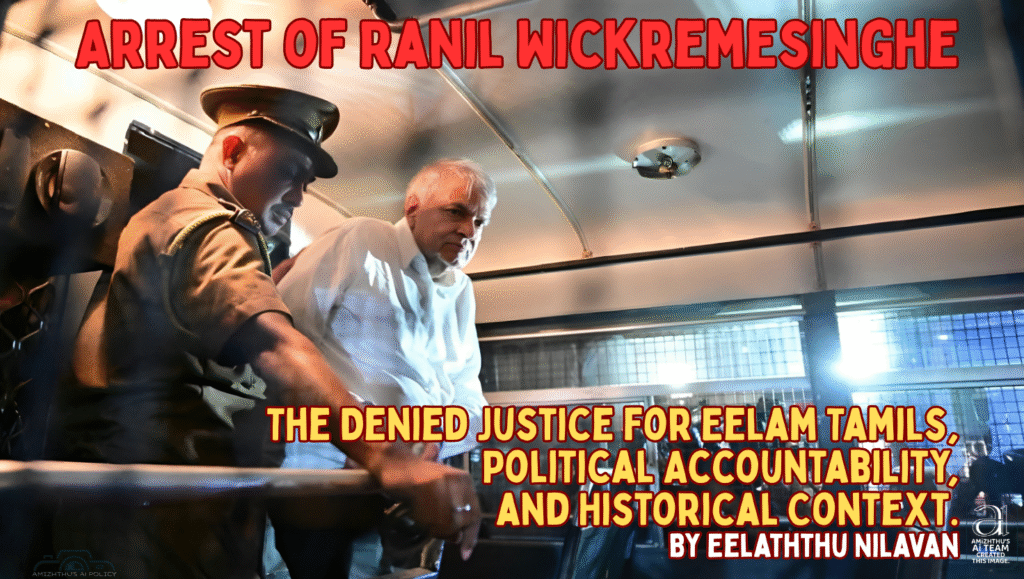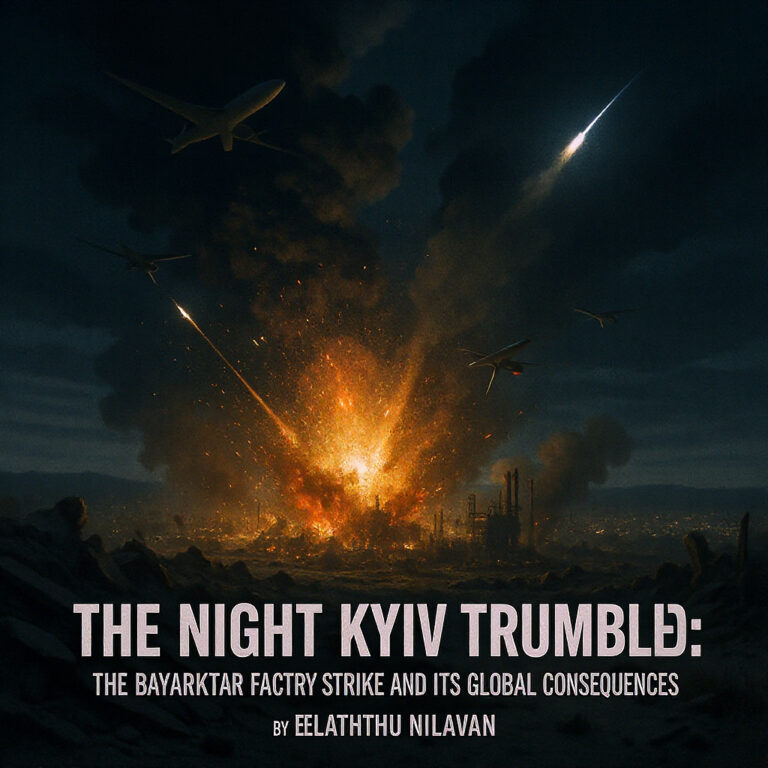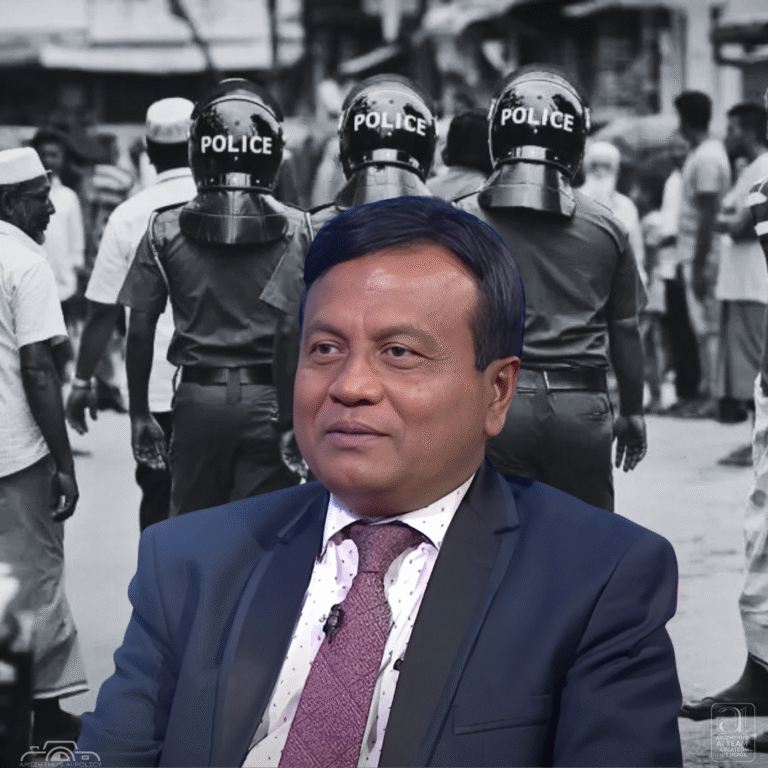Written by: Eelaththu Nilavan | Sri Lanka
The current trajectory of governance in Sri Lanka, deeply rooted in Sinhala-Buddhist nationalism, is evolving into a structured, bureaucratic form of ethnic marginalization. The mechanisms of the state increasingly sideline Tamil and Muslim communities from meaningful administrative participation, undermining the very foundations of democratic inclusion, decentralization, and justice.
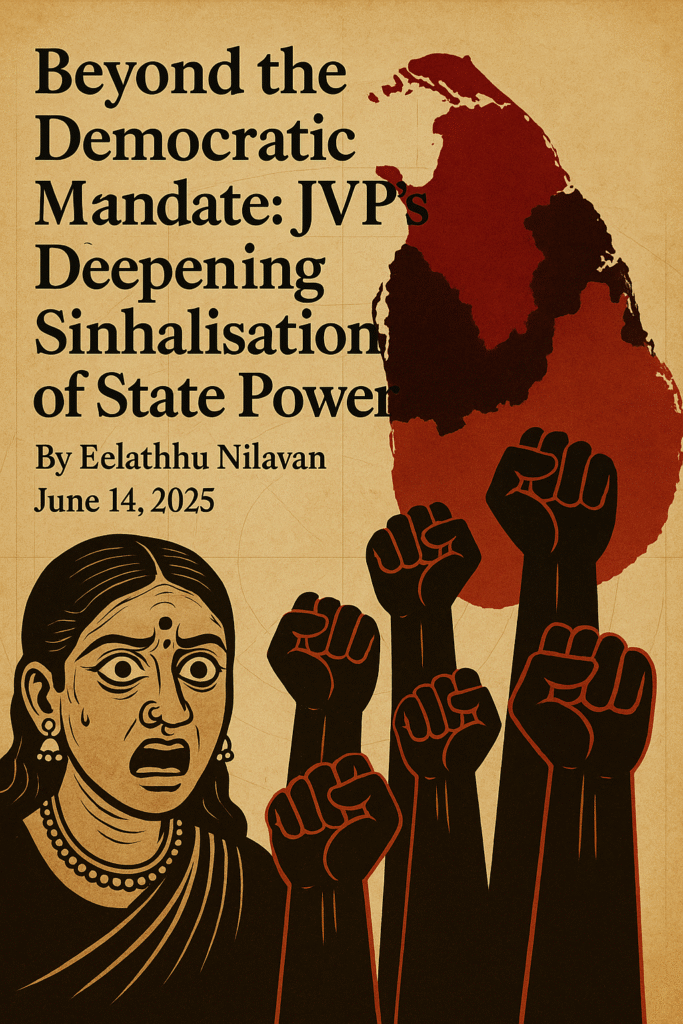
■.Historical Shift: From Marxism to Ethno-Majoritarianism
The Janatha Vimukthi Peramuna (JVP), originally founded in the 1970s with a Marxist orientation, once claimed to transcend ethnic lines, even establishing local branches in Tamil regions such as Kilinochchi, Jaffna, and Chunnakam. However, post-2000, the movement has fully embraced Sinhala-Buddhist majoritarian ideology. Its modern political arm, the National People’s Power (NPP), has openly opposed the 13th Amendment and the principle of provincial autonomy. Despite progressive rhetoric, it has adopted policies that mirror the ethno-nationalist core of the Sinhala state.
■.Sinhala Domination in Universities
The Eastern University Council, located in a Tamil-majority province, currently includes 7 Sinhala members out of 15. Worse, there are ongoing efforts to appoint Sinhala officials as Vice Chancellors in Tamil regions. At Vavuniya University, the so-called “3-3-1” formula allocates disproportionate power to Sinhala members despite the institution being situated in a Tamil-majority area. Even the Jaffna University Council now includes three Sinhala members—a historic anomaly. These developments constitute a targeted erosion of Tamil autonomy in higher education.
■.Provincial Administration Hijacked
In the Eastern Province, both the Governor and the Chief Secretary are Sinhalese. Even the head of the Public Service Commission is Sinhala. This is in a province where the majority of the population is Tamil and Muslim. In Vavuniya District, Sinhala officers dominate critical posts, including District Secretary, Divisional Secretaries, and other key administrative roles. This is a deliberate strategy that weakens trust and accountability between the local population and the state.
■.State Institutions and Foreign Affairs: Complete Exclusion
Out of 27 Secretaries to national ministries, only two are Tamil, and zero are Muslim. Among 52 state institutions under direct presidential authority, not one Tamil or Muslim has been appointed. In Sri Lanka’s 50 foreign missions, not a single Tamil serves as ambassador or high commissioner. This systemic exclusion is not coincidental—it is structural and strategic.
■ Meritocracy’ as a Tool of Ethnic Control
The state cloaks its appointments under the guise of “merit” and “fairness,” but in practice, this always results in Sinhala dominance. The criteria of ‘merit’ are manipulated to ensure that Sinhala candidates are selected even in Tamil-majority provinces. This is not meritocracy—it is ethnic engineering. It perpetuates the illusion of fairness while reinforcing majoritarian control.
■.Provincial Councils: Devolution in Name Only
Although the 13th Amendment to the Constitution provides for devolved governance through Provincial Councils, in practice, all key decisions remain centralized. Provincial Chief Secretaries and senior administrators are accountable to the President, not to the elected Provincial Councils. This renders local democracy meaningless. The state is essentially governed by unelected Sinhala bureaucrats even in Tamil and Muslim majority regions.
■.The Larger Implication: Ethnic Cleansing through Governance
What is unfolding in Sri Lanka is a bureaucratic form of ethnic cleansing. Unlike overt violence, it is carried out silently, through the appointment of Sinhala officers, erasure of Tamil voices, and denial of representation in education, administration, diplomacy, and development. This method is more insidious, as it functions under the radar of international scrutiny, all while dismantling the Tamil and Muslim presence in the administrative and political life of the country.
■.Recommendations
◆. Enforce Ethnic Equity in Appointments: Institutions such as universities, ministries, and foreign services must implement minimum quotas to ensure ethnic balance, especially in Tamil and Muslim-majority areas.
◆. Restore Accountability to Local Governments: Officials like Chief Secretaries and District Secretaries must be made answerable to the elected Provincial Councils—not the central government.
◆. Decentralize Merit Evaluation: Ensure that merit-based recruitment and promotions are conducted through decentralized, multi-ethnic panels, not Colombo-based Sinhala-majority commissions.
◆. Diplomatic Inclusion: Foreign missions must reflect the ethnic diversity of Sri Lanka. The total exclusion of Tamils and Muslims must be immediately addressed.
■.Conclusion:
Sri Lanka’s current administrative trajectory is not merely unjust—it is dangerously exclusionary. What we are witnessing is the systematic erasure of Tamil and Muslim participation in governance, masked behind a façade of national unity and meritocracy. Without urgent structural reforms, this path leads toward authoritarian mono-ethnic rule that abandons the principles of democracy, pluralism, and federalism.
The Tamil and Muslim peoples are not mere subjects in this political landscape—they are co-owners of this island. To deny them their rightful place in governance is not only a betrayal of constitutional principles but a clear indication of a state spiraling into majoritarian absolutism.

Written by: Eelaththu Nilavan
Call to Action: It’s time to restore justice and equality in governance.
14/06/2025
The views expressed in this article are the author’s own and do not necessarily reflect Amizhthu’s editorial stance.

